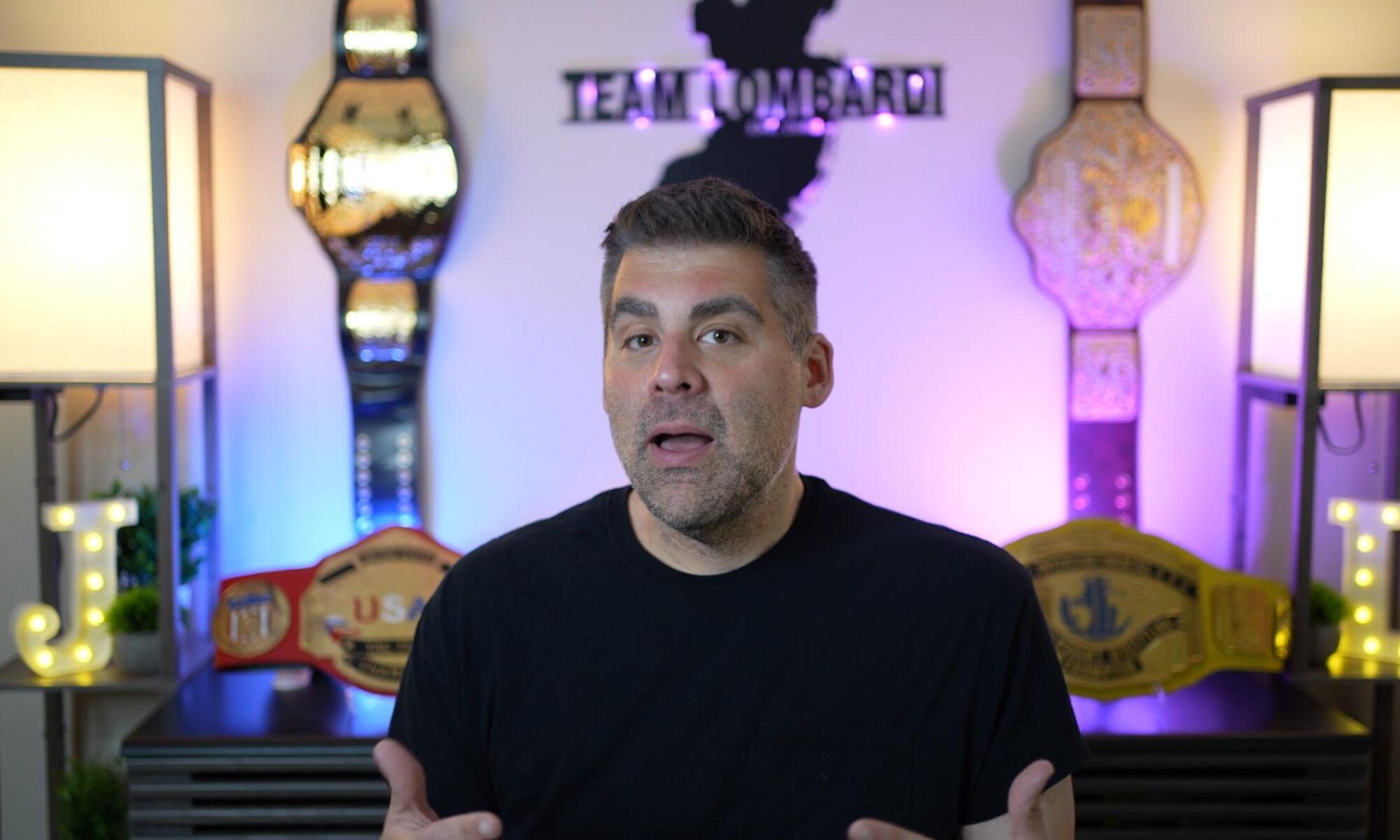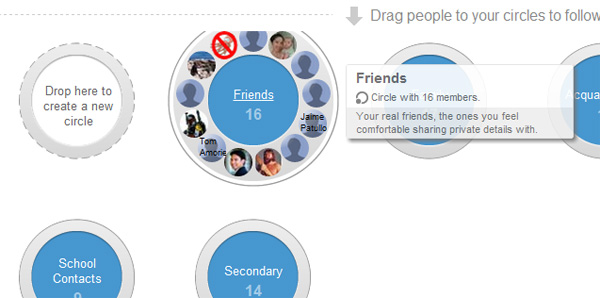( #Maine, #Acadia )
For the last 7 months I have been keeping a secret from my wife. A vacation. Logistically I had to tell her when we were going so she could ask for the week off, but no other details. As for the location, my cousin and I planned the trip after I complained about two failed attempts to visit Maine over the last five years. Over the months, we figured out the details and played out the surprise last Friday for hilarious effect (right before we left I told my wife we were going to the Jersey shore much to her disappointment).
The drive to Maine (and specifically Acadia) was long, about 12 hours from Philadelphia. We ended up stopping on the way up, but the next day was smooth sailing. When we got to the house we rented, we were all really happy. It was directly on the bay which gave us daily access to kayaking (which we did). The homeowners had the house perfectly stocked with the things you would need and I would highly recommend staying there (but book early!).
We spent the majority of our time (while not kayaking) in Acadia. So here is a quick rundown of the things we did (in case there is an interest in repeating it).
Ship Harbor Nature Trail:
This was a really easy nice trail that lead to a rocky beach which offered extra challenge because we ditched the trail and just followed the rocks. When playing on wet rocks, you always have to watch your footing. I definitely had concerns about breaking my face open a few times on this trip, but then I would see my cousin’s 10-year-old son sailing over the rocks and I just went with it.
After the trail, we went to Jordon Pond which has a popular restaurant. This place is a bit of an overpriced tourist trap but they offer popovers which are like biscuit muffins that I didn’t see anywhere else. They were worth the trip alone (just order some soup and a bunch of them).
The Bowl/Beehive Trails:
While most of this trip was spend on some kind of trail (and they honestly started to blur together in hindsight), one that will stick out is the Bowl/Beehive. I actually picked the bowl trail out as an activity because it was said to be a little more difficult and had a nice view (I was craving a difficult trail). When we got there, my cousin’s son wanted to do the beehive trail. All I saw was a sign that warned of using mettle rungs and I was out. Somehow my extremely cautious cousin agreed to go on the beehive with his son while we went through the bowl trail. While the bowl was strenuous, the beehive was dangerous:
When we connected with my cousin, he was shaking and really regretted going through it. He said once you hit the tough spots, there is no going back so you have to move forward. Anybody thinking about doing it, take that warning.
Thunder Hole:
Thunder Hole is a rocky section of the park that has a small underground cave system that makes a rumbling noise when the tide comes in. While interesting, the “hole” is one of the most popular spots in the park and there were a ton of people hanging around. The masses ruined it just because the nice part of being at the park is you don’t have to be surrounded by people since there are so many options.
Several people ignored the gates and got close to the water. A few people die each year by rouge waves coming in and sucking people off the rocks. I saw quite a few parents letting their kids go to the edge and it totally bugged me out, I was glad to leave.
After Thunder Hole we went to Hunter’s Beach. It is a small stone beach and nobody was there. The current makes an awesome sound as it sucks in the rocks with each wave pulling back. Easily a favorite find.
Dining:
My cousin and I cooked almost every night. I am not a seafood guy (please don’t start) but everybody else was. My cousin’s wife managed to find a guy (by following signs) named Rat that had fresh lobsters and clams. My cousin said Rat’s clams were the best he ever had in his life and I believed him. Rat didn’t have 2+ lb lobsters on the day everyone wanted to cook them, so he called a lobster-man buddy and got us what we needed.
The cool thing about Rat is that we just found him, nothing was planned. He was the typical Maine accent and lived on this crazy farm. If it was the end of the world, I would have no doubt that good old Rat would be breathing easy in his house in the middle of nowhere.
We found a gem of a place in Southwest Harbor. It is called Quiet Side Cafe. My cousin and I were walking down the street looking for supplies for dinner when we spotted a blueberry pie cooling on a side window. Like a cartoon we were drawn inside and had a great meal and met some really nice people (I ordered Pizza – in Maine – and they knocked it out of the park). Owner Frances Reed was incredibly welcoming and the place had a great vibe. You must go there if you are in the area.
All of the other restaurants were fine. Order fish. My cousins said they never had a bad meal when it came to the fish. I didn’t have any bad meals myself, but nothing to blog about either 😉
Closing Thoughts:
With the weather never breaking 80 degrees (and sometimes getting close to going under 50 at night), Maine it my kind of summer vacation. I did what I wanted, wasn’t on a schedule, and got to romp around in a truly magnificent place for a week. If I had to complain about anything, it would be the mosquitoes – they were merciless, but that still didn’t prevent us from going outside and having a good time.
I would absolutely recommend this trip to friends and any families that don’t want to do the typical Disney boxed vacation – you can be the master of your own destiny.

“, Richards starts from his early childhood and makes his way through to modern day (last year). His childhood stories are a high point because he grew up in post WWII England. The sugar rations, old pillboxes, and devastated streets that were a part of “Keef’s” early life set background of his gypsy lifestyle that his grandparents encouraged.







